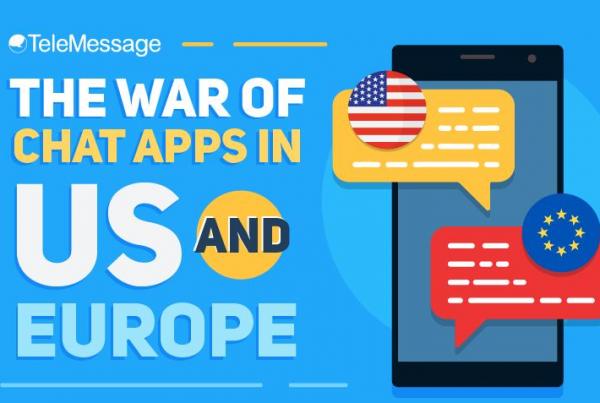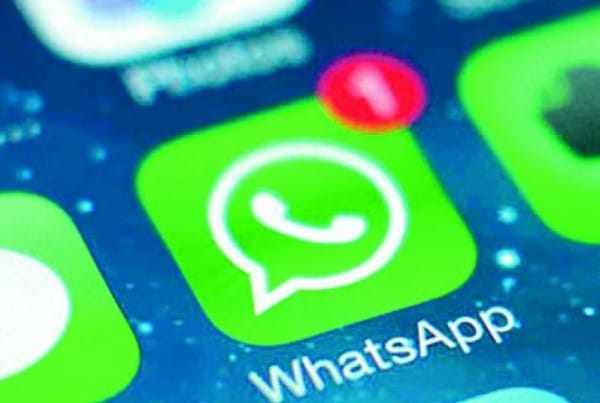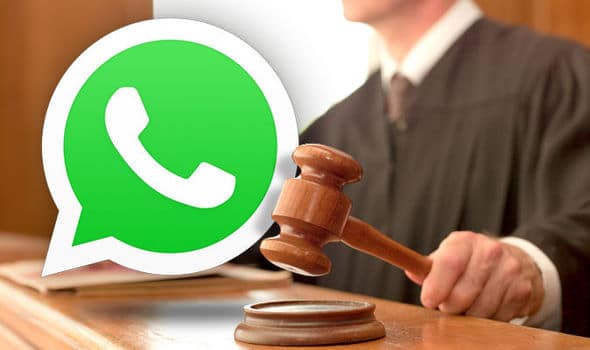It is 2017 and the future is in your pocket – on your mobile device. Texting is the most frequently used app on a smartphone, with over seven trillion text messages sent each year.
People are voting with their fingers and it is clear that employees, clients, consumers, and vendors are all in favour of a shift towards mobile messaging solutions to enhance their lives.
What is the future of mobile messaging? What areas will grow and what concerns need to be addressed to allow industries to better utilize the ever-growing field of messaging apps available to them?
Employee Engagement
Workers today expect to communicate with colleagues on their mobile devices. Industries will be looking for more and better ways to enable their employees to communicate in real-time with colleagues, clients, and interact with work documents from their own personal devices.
Working from mobiles will necessitate in-app innovation in terms of tracking work-related conversations to properly archive them for future need.
Mobile Security
With more personal devices being used for work and therefore more classified information accessible from personal devices, security will be a top priority. Popular messaging apps like Facebook Messenger and WhatsApp may be secure enough for private chats but leave work product vulnerable to hacks or simply device-theft.
Encrypted apps are the future of business oriented messaging apps. These apps must have security features that will allow for remote scrubbing of stolen devices, PIN protection or other verification tools, permission controls, and archival systems, all while offering familiar user interface features to ensure employees feel comfortable and natural using the app.
Application-to-Person Messaging
We arrange our lives on our phones, so it makes sense that consumers want – and are coming to expect – more customer service benefits through our phones. From appointment reminders to suspected bank fraud notices – a simple text message is more useful to us than a missed phone call or email notice that may go straight to spam.
The A2P messaging market is innovating rapidly and we may see big changes in the way we interact with chat-bots through these messages very soon. Facebook Messenger is working on Facebook Messenger Bots that will allow you to message a store’s bot, interact about their merchandise, and place an order. WeChat, a wildly popular messaging app in China, may look similar to WhatsApp, but offers feature well beyond text, voice, and video messaging. The app can be connected to a credit card so you can transfer money to other users, and third-party apps function inside the app to allow you to do things like book a hotel or taxi inside WeChat itself.
As A2P messaging develops, it will be come more all-encompassing and personalized. The app can learn about a consumers preferences and offer deals based on their geographical location. Imagine sending a WhatsApp message to a friend saying you’re hungry and immediately receiving a pop up message from WhatsApp asking if you’d like a ten percent coupon for the new Chinese restaurant down the road. The app would connect you to the restaurant’s in-app site, where you could order and pay at the click of a button – all within WhatsApp.
In the short term, we can expect more text reminders from our providers and more personalized messages from our apps. We can also expect to use our personal devices more often in the workplace. In the long term, we can expect much more all-encompassing experiences from our messaging apps, as they involve into something greater than just messaging platforms.




